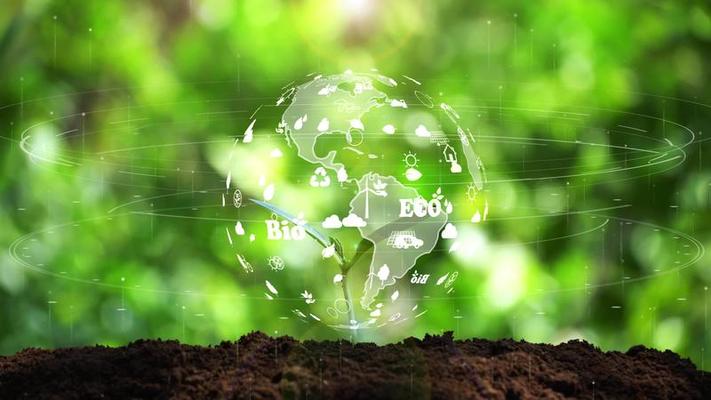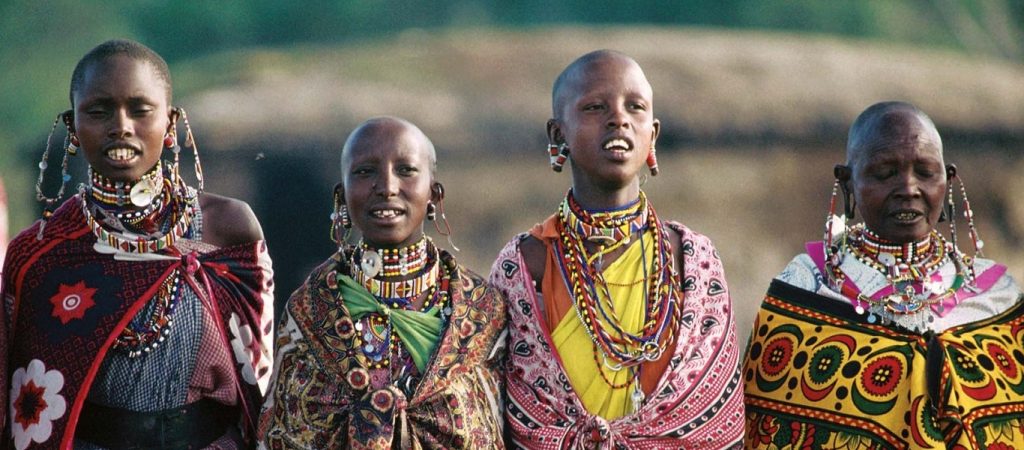In a world driven by fast automation and technological growth, acting to protect the atmosphere is not just a moral task—it is a survival strategy for all mankind. Every person, neighborhood, and nation relies on the Earth’s natural systems for clean air, fresh water, productive soil, and a stable climate. Yet these systems are under tremendous pressure because of contamination, deforestation, and climate modification. By taking HDI Six Nations action to protect the environment, we safeguard the resources and stability required for human life itself. The environment endures us, and without it, human progression cannot proceed.

Taking action to protect the setting advantages worldwide health in plenty of means. Pollution from manufacturing facilities, automobiles, and plastic waste adds to breathing diseases, water contamination, and even cancer cells. The World Health Organization reports that numerous premature deaths every year are linked to environmental deterioration. Tidy air, uncontaminated water, and eco-friendly areas are important to physical and mental health. When cultures dedicate to acting to preserve the setting, they lower healthcare costs and produce healthier living conditions. A tidy world is not just gorgeous– it is the foundation of a healthy population.
Financially, doing something about it to maintain the environment is among the smartest investments a society can make. Natural calamities sustained by environment modification– such as storms, floodings, and droughts– create billions of dollars in damages every year. On the other hand, sustainable techniques like renewable energy development, waste decrease, and conservation create work and long-term economic security. By acting to preserve the environment, countries can promote innovation, attract eco-friendly financial investment, and construct sectors that benefit both individuals and the world. Environmental preservation is not an obstacle to prosperity; it is the key to it.
Taking action to preserve the atmosphere is also crucial for making sure food and water security. Unsustainable agricultural methods, logging, and water air pollution endanger the ability of communities to supply the basics of life. Farmers depend upon healthy soils, foreseeable weather, and pollinators to grow plants. When these are ruined, food shortages and cost rises adhere to. Likewise, contamination of rivers and groundwater limitations accessibility to secure alcohol consumption water. By doing something about it to protect the setting, we safeguard the natural cycles that make food and water offered to everybody. Without ecological care, no society can endure itself.
The act of acting to preserve the environment is also about protecting future generations. Every decision made today forms the globe that kids and grandchildren will inherit. If we remain to deplete sources and ruin ecosystems, future generations will deal with a world that is less welcoming, much less effective, and a lot more harmful. Acting to preserve the environment makes sure that they inherit a world where biodiversity prospers, the environment is steady, and chances for success remain open. It is a financial investment in the connection of human civilization.
On a social degree, doing something about it to maintain the setting promotes equality and justice. Ecological deterioration usually impacts the poorest and most at risk areas first. Floodings destroy low-income communities, dry spells ruin farmers, and contamination poisonous substances those without access to clean water or medical care. By acting to preserve the atmosphere, societies can minimize these inequalities and create fairer living conditions. Environmental justice recognizes that everybody has a right to a safe and healthy setting, regardless of where they live or just how much they make.
Taking action to preserve the atmosphere additionally strengthens areas and cultivates collaboration. Environmental obstacles like climate modification and logging do not recognize nationwide boundaries, which implies services must be collective. When people, federal governments, and businesses work together to safeguard natural resources, they develop trust and a shared sense of purpose. Neighborhoods that engage in tree growing, reusing, or clean-up programs not only improve their surroundings yet also enhance social bonds. Taking action to preserve the setting produces unity via shared duty and common goals.
Education and learning plays a powerful function in acting to maintain the atmosphere. When people comprehend exactly how communities operate and just how human actions affect them, they are more likely to take on sustainable habits. Schools, media, and neighborhood programs can motivate individuals to reduce waste, save power, and assistance ecological policies. Doing something about it to protect the environment via education encourages citizens to make informed selections that profit both themselves and the planet. Understanding is the very first step towards purposeful action.
Ultimately, acting to protect the setting nurtures a much deeper link in between individuals and nature. Modern life commonly ranges individuals from the environment, yet human happiness and creative thinking are very closely linked to it. Time invested in forests, parks, or by the sea brings back the mind and advises us of our dependence on the Planet. By doing something about it to preserve the setting, we keep these areas of tranquility and ideas. Safeguarding nature is not just a functional need however also a spiritual one– it advises us of that we are and where we come from.
To conclude, acting to protect the setting is in the best rate of interests of every person due to the fact that it suffers health, sustains the economic climate, makes sure resources for the future, and unifies mankind around a typical cause. Every private choice– recycling waste, preserving energy, growing trees, or supporting lasting policies– contributes to a worldwide initiative that profits all life in the world. The planet does not belong to any one generation; it is a shared home turned over to us all. Doing something about it to preserve the environment is not an alternative– it is the only course towards a future where individuals and nature can prosper together.

